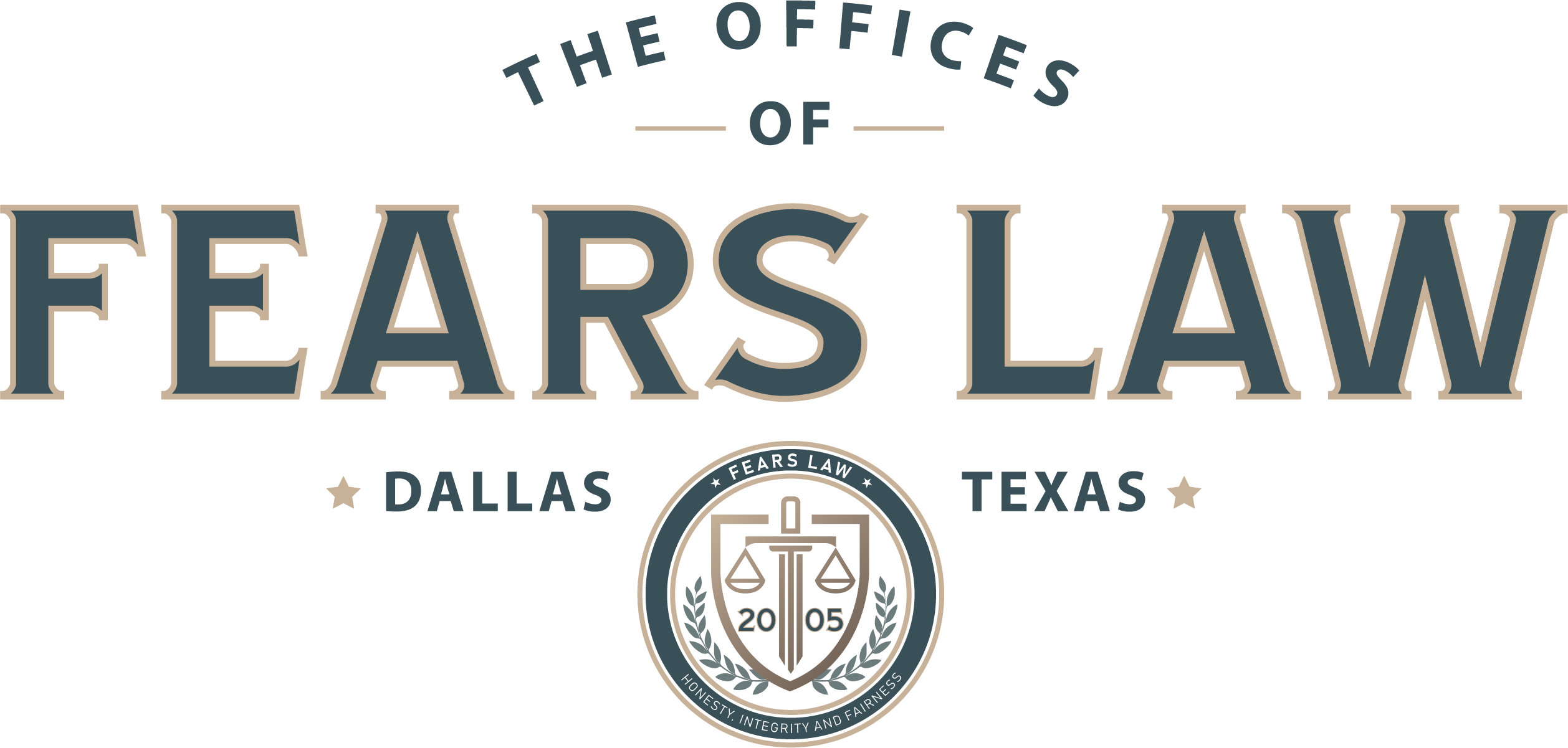Reaffirmation agreements are often entered into by Chapter 7 debtors who wish to retain their homes and cars. Reaffirmation Agreements are contracts in which the Debtor agrees to be bound by the original terms of the secured debt, despite filing for bankruptcy protection. If a debt is reaffirmed in a Chapter 7 bankruptcy case and the Debtor later defaults on the car or mortgage payments, the creditor can not only repossess the car and/or foreclose on the house but can also sue the Debtor for the deficiency balance (the difference between what is owed on the house/car and the amount received after sale of the house/car once foreclosed or repossessed.) If no Reaffirmation Agreement is entered into, the creditor can still repossess or foreclose on the collateral in the event of a default, because a bankruptcy does not invalidate the security interest. However, if the debt has not been reaffirmed, the creditor cannot sue to recover the deficiency balance.
Most car creditors demand Reaffirmation Agreements in Chapter 7 cases, but many mortgage companies do not desire or demand them. Many mortgage companies see no need for Reaffirmation Agreements, because they can still look to foreclose on the house in the event the a debtor falls behind in payments. In Chapter 7 bankruptcy cases filed by Fears Law, we send letters requesting Reaffirmation Agreements to all secured creditors shortly after a Chapter 7 bankruptcy case is filed. The vast majority of car creditors in Chapter 7 cases filed by this firm send Reaffirmation Agreements to us and we have the Debtor come in to meet with our attorneys to determine whether or not he/she wishes to reaffirm the debt. Mortgage company creditors in Chapter 7 cases filed by our firm often do NOT forward Reaffirmation Agreements to us.
We are unable to file a Reaffirmation Agreement without the mortgage company’s consent and signature, as the Judges in our jurisdiction have ruled that Debtors cannot force a mortgage company to reaffirm the debt.
Chapter 7 Debtors who do not reaffirm their mortgage debt (usually because the mortgage company fails to send one) sometimes face issues when refinancing mortgages, applying for loan modifications, or having mortgage payments properly reflected on credit bureau reports. For these reasons, our Chapter 7 Debtors often desire a formal Reaffirmation Agreement, but without the cooperation of their mortgage companies, we cannot file one.
In our jurisdiction, Judges have ruled that bankruptcy cases cannot be reopened after discharge for the purpose of entering into a Reaffirmation Agreement.
ABOUT THE AUTHOR
Julianne Parker
Julianne Parker has been practicing bankruptcy law for over 30 years and is Board Certified in Consumer Bankruptcy Law by the Texas Board of Legal Specialization.


